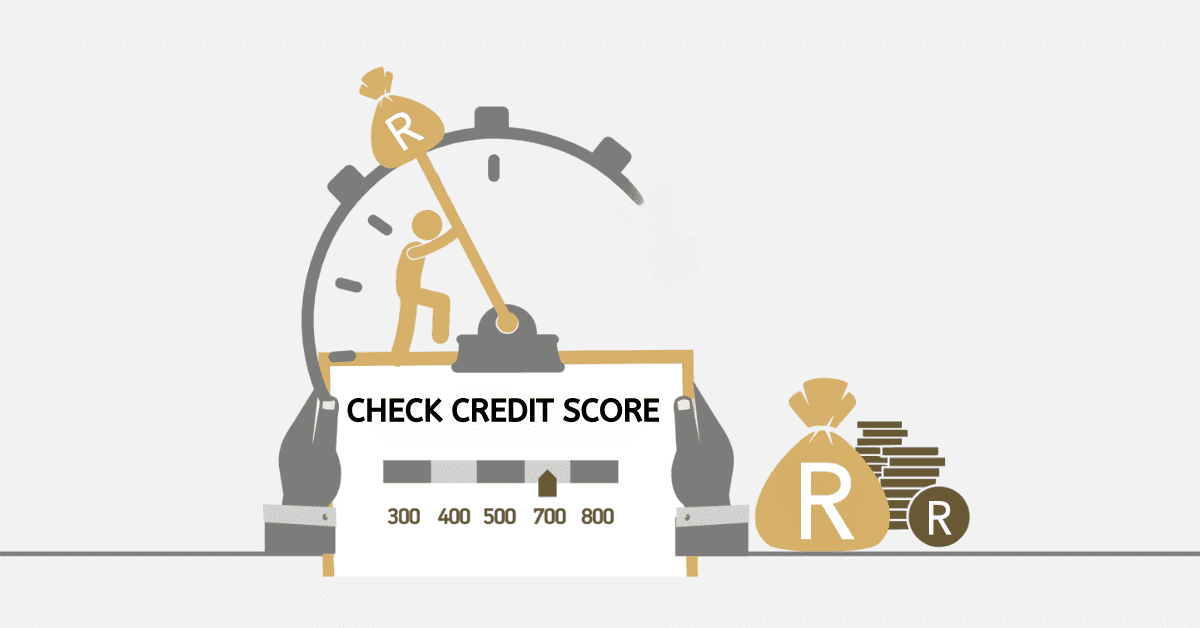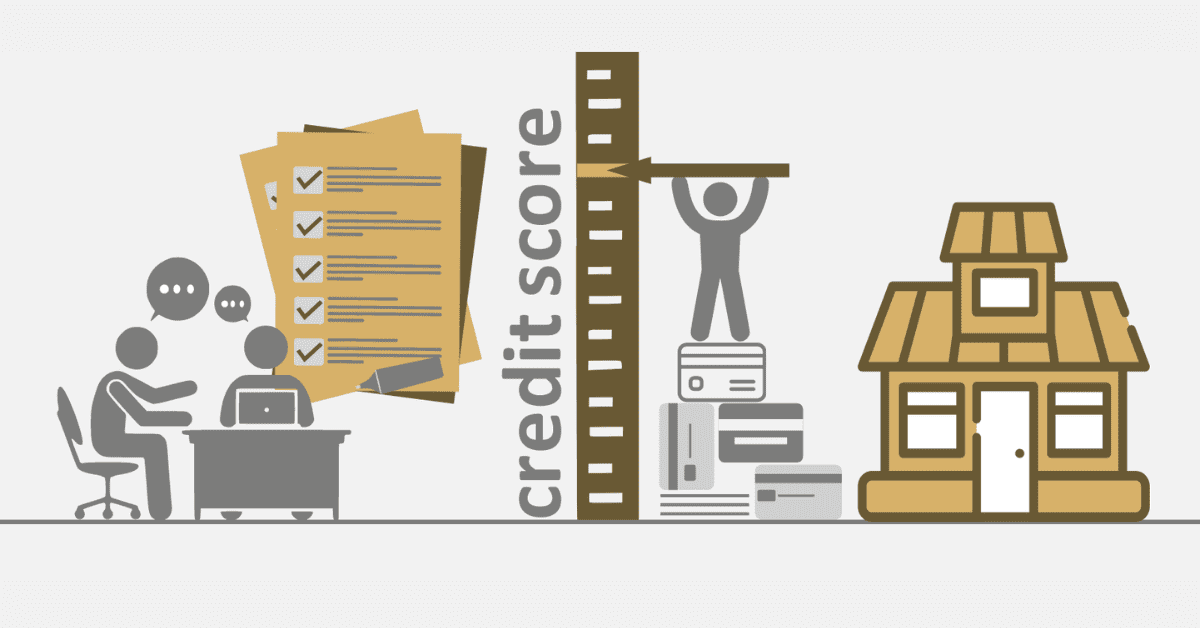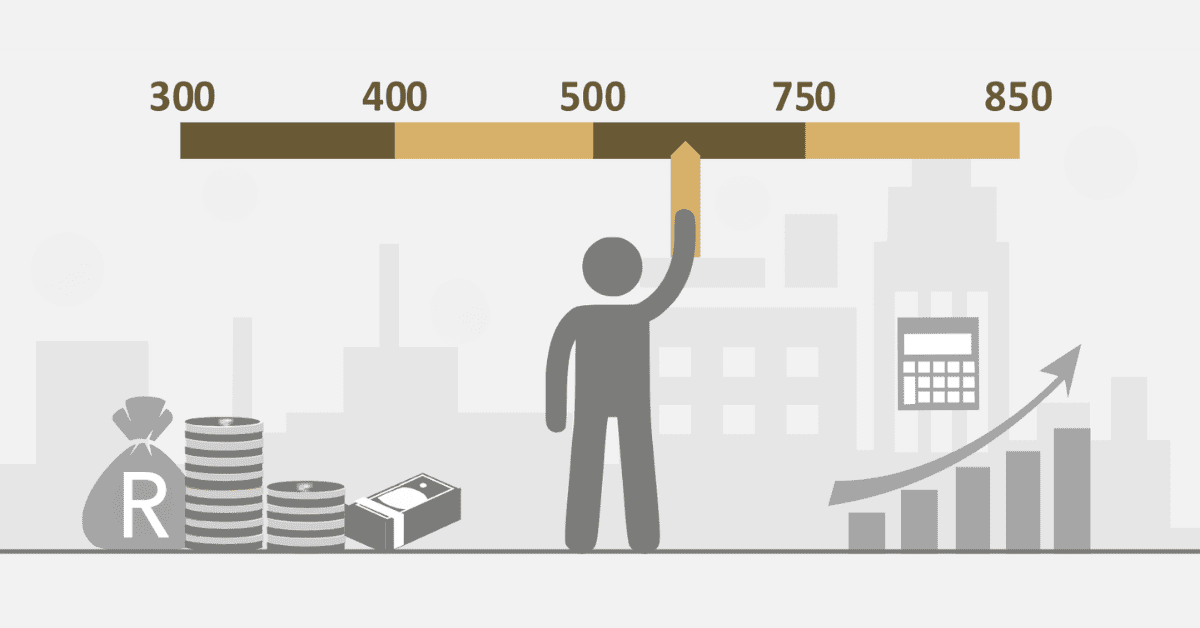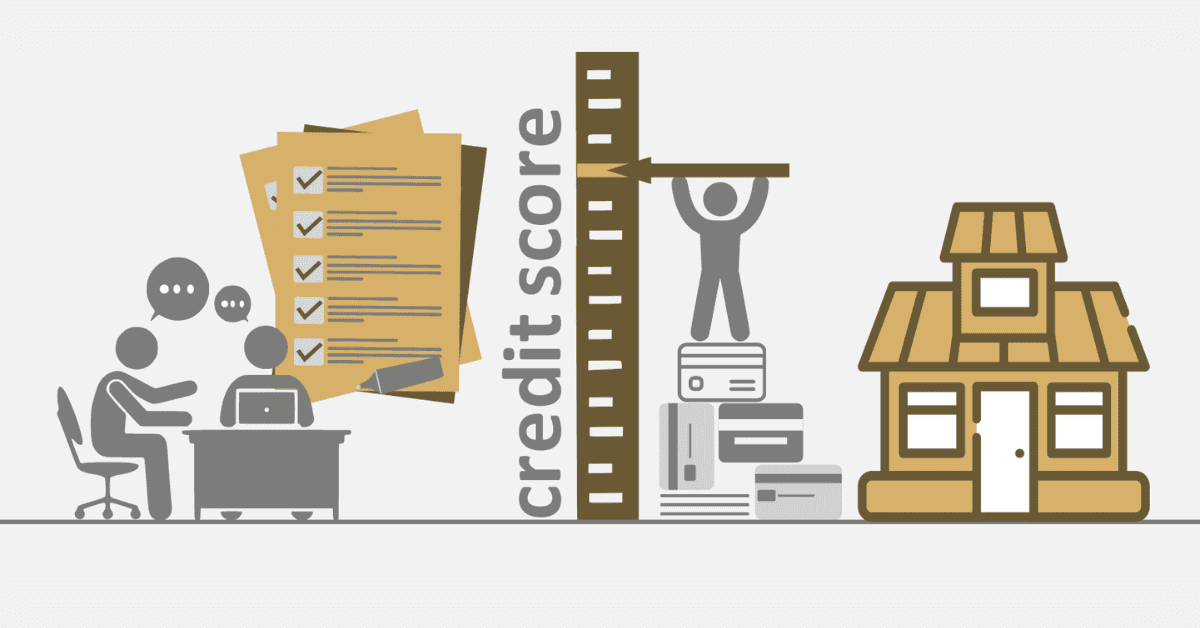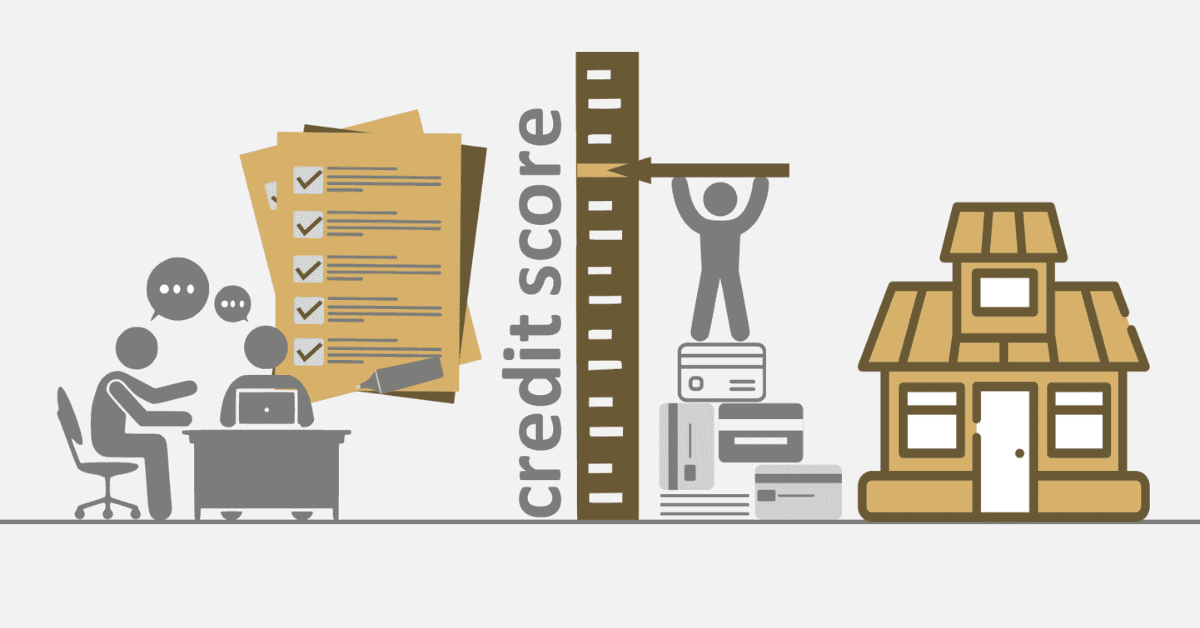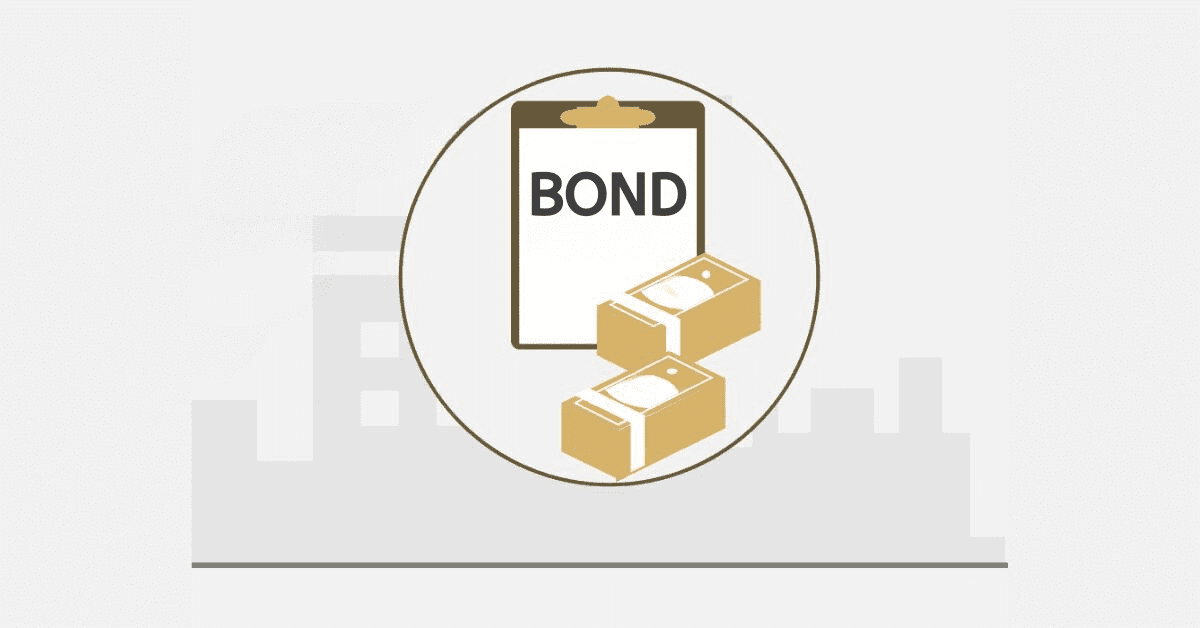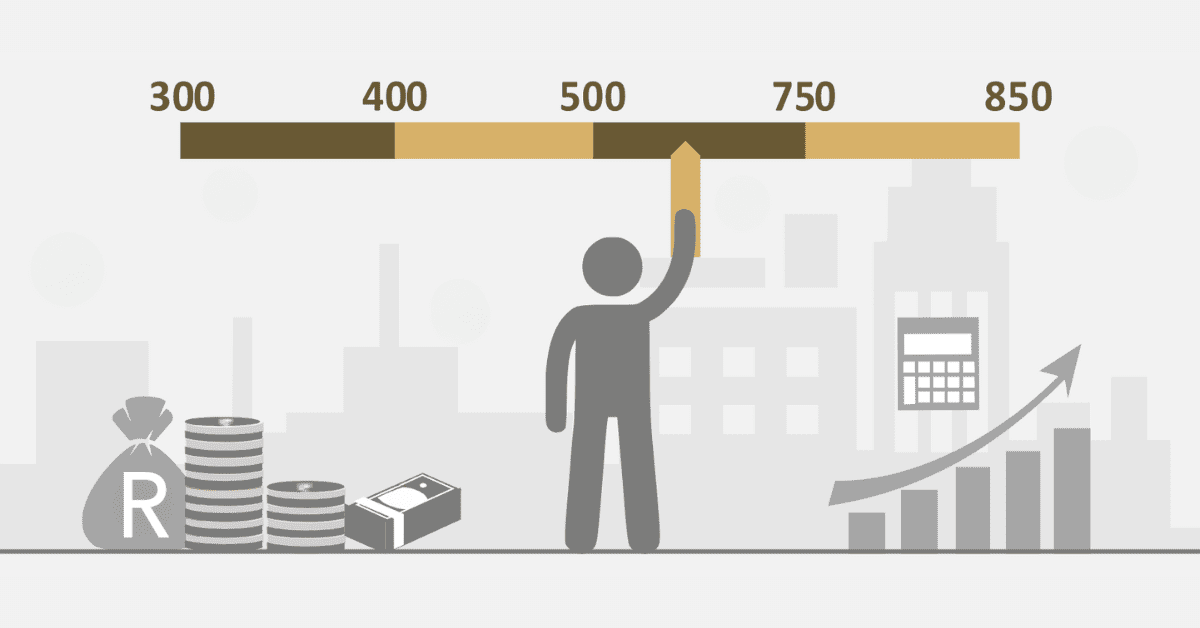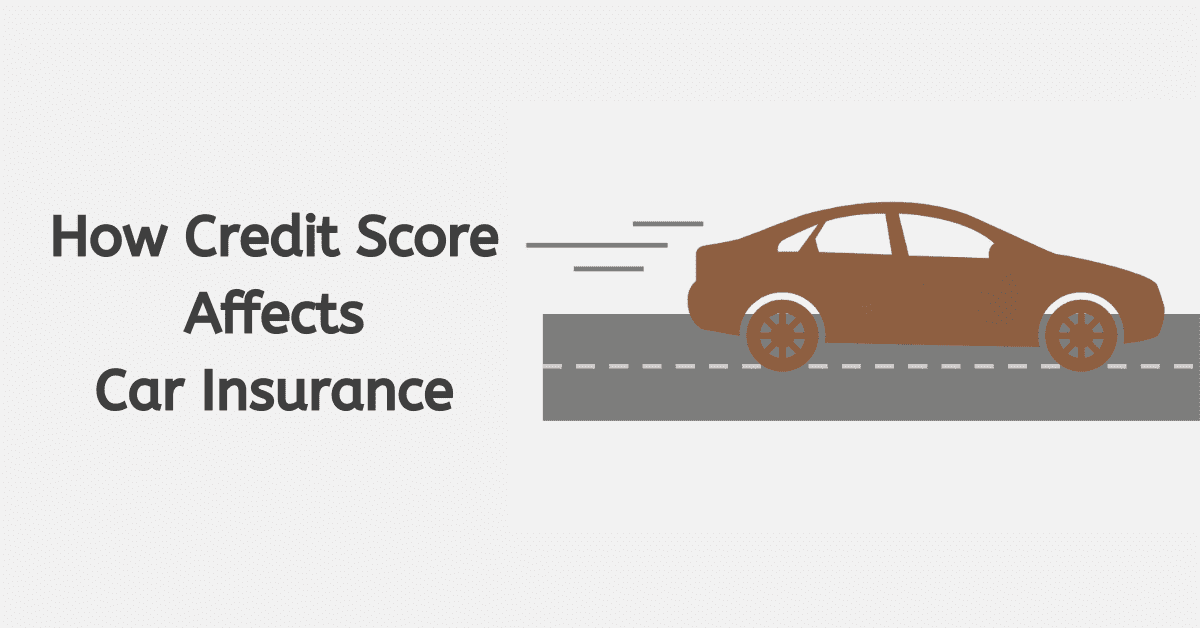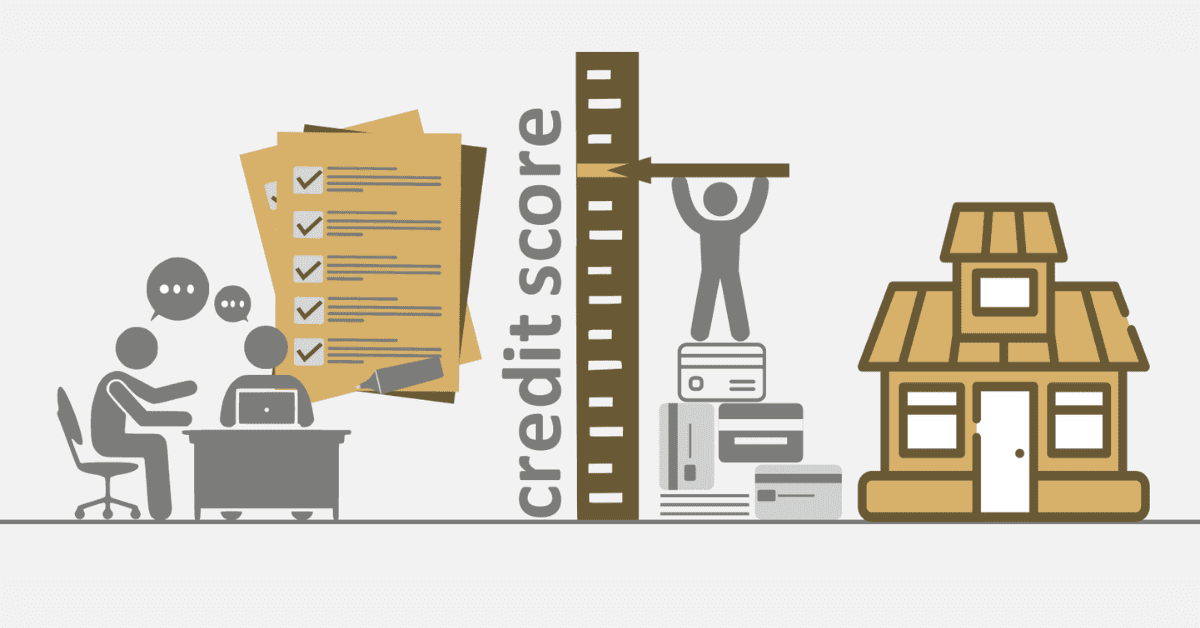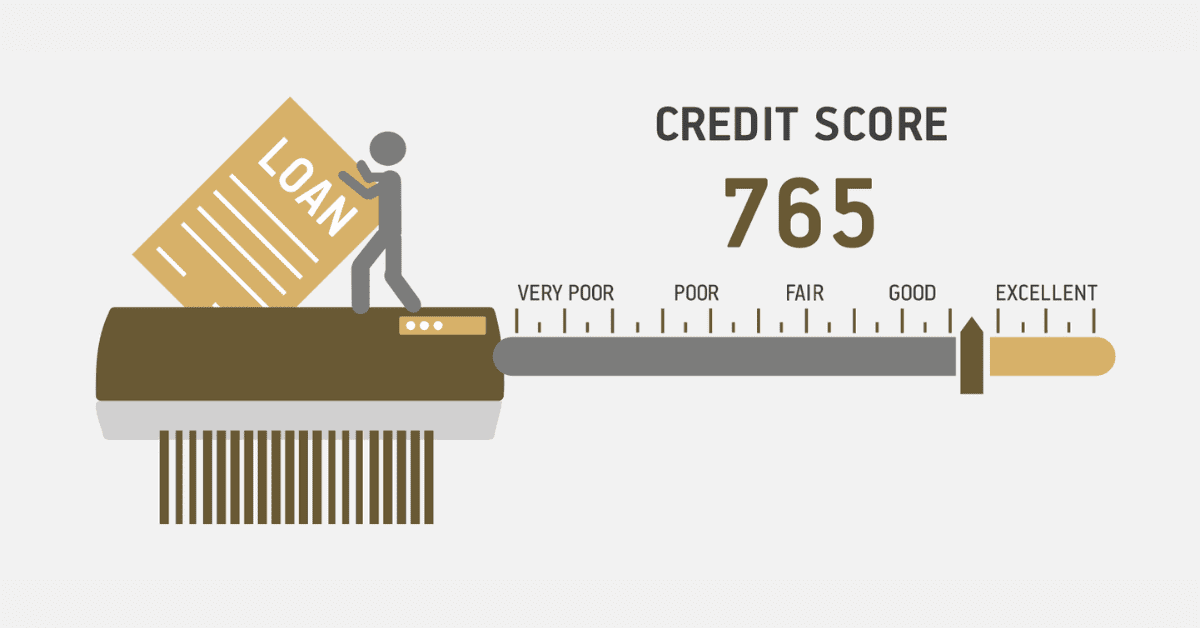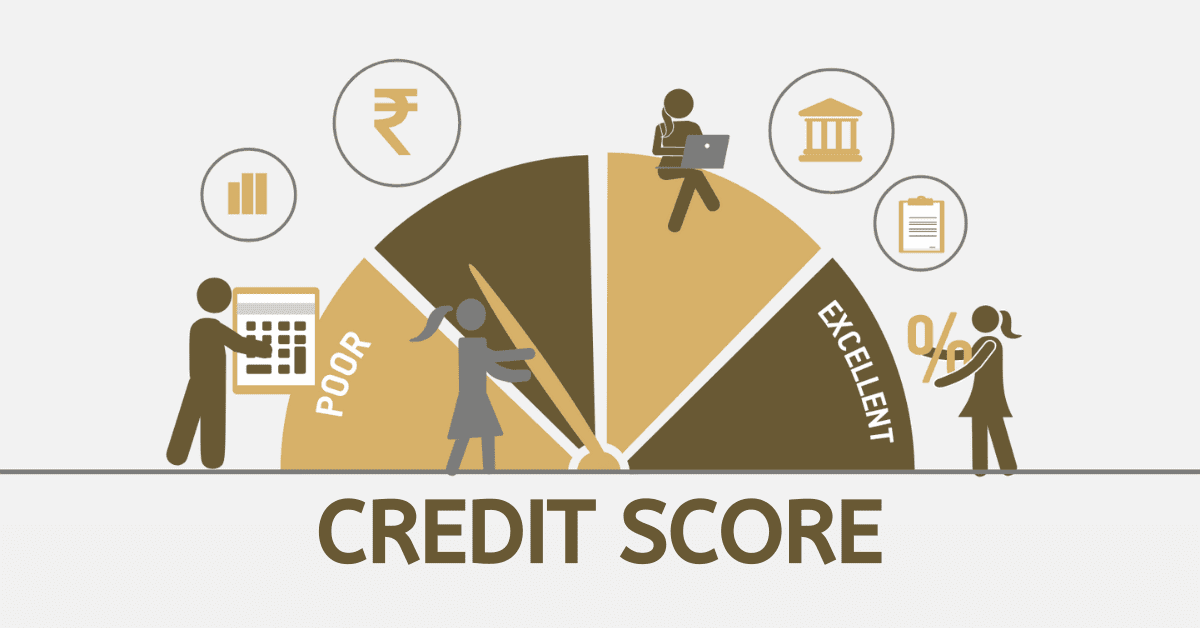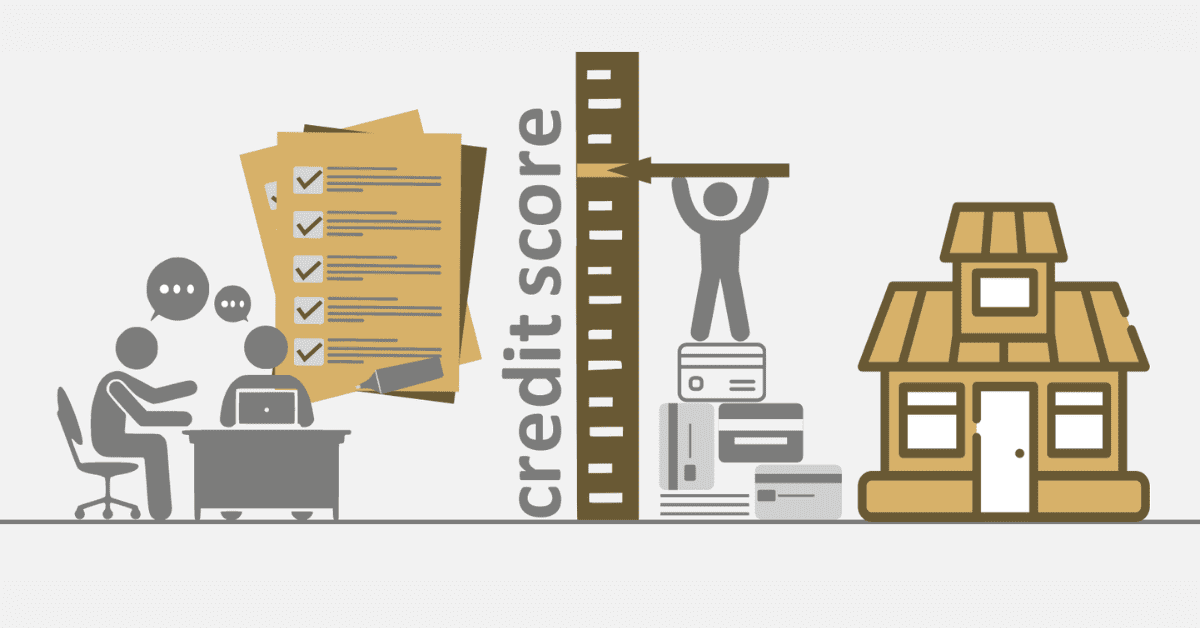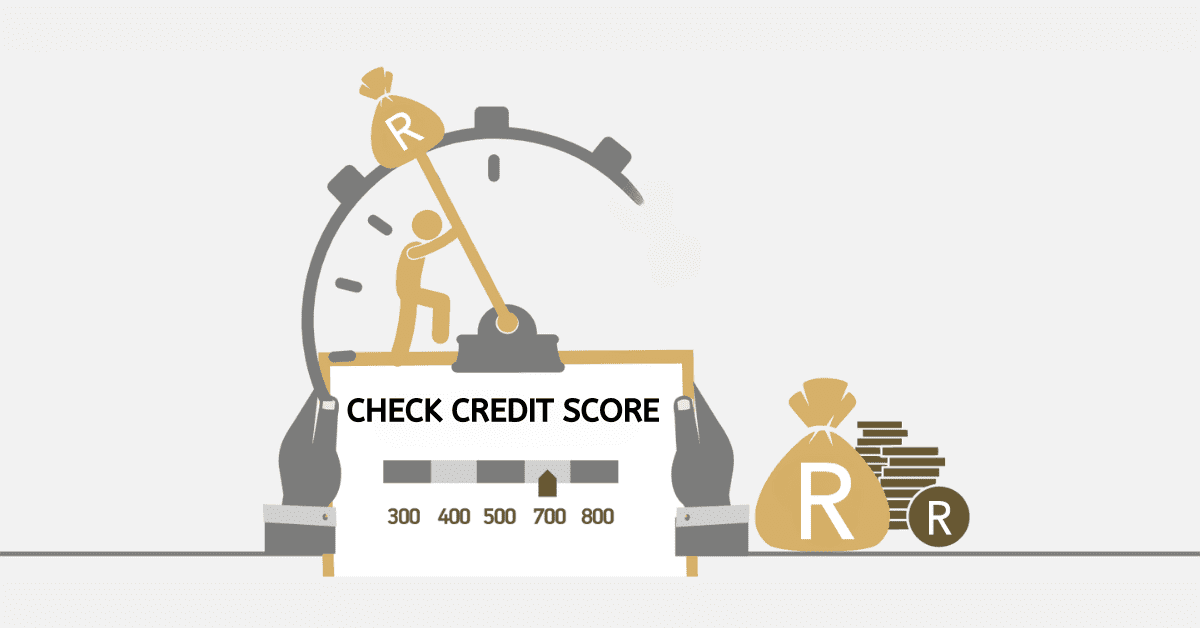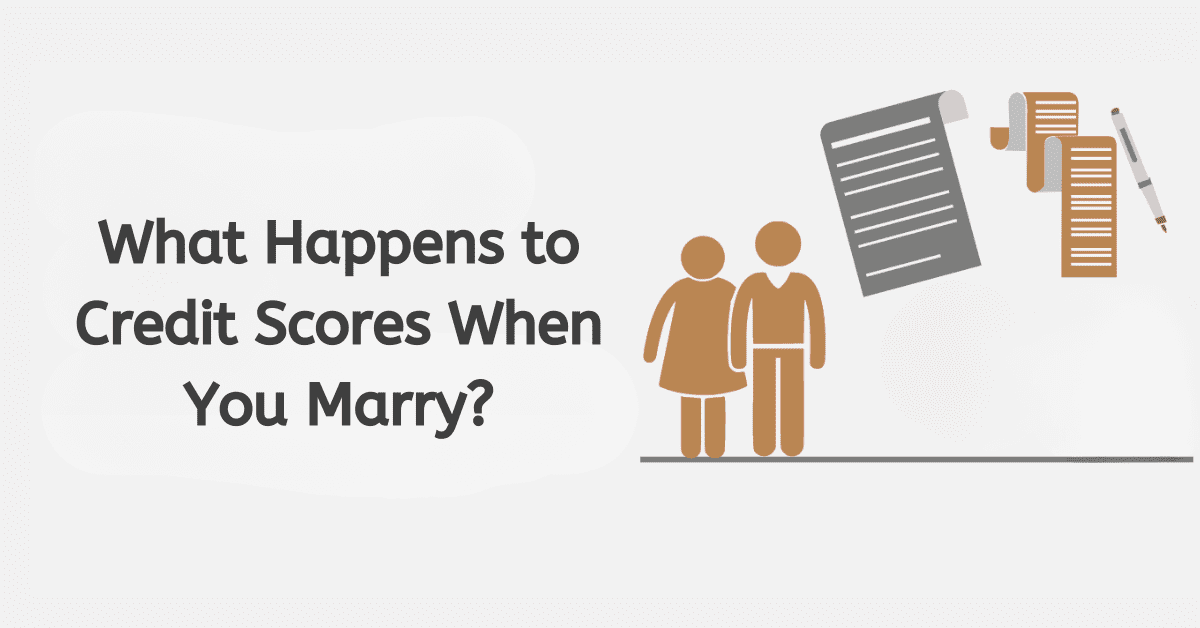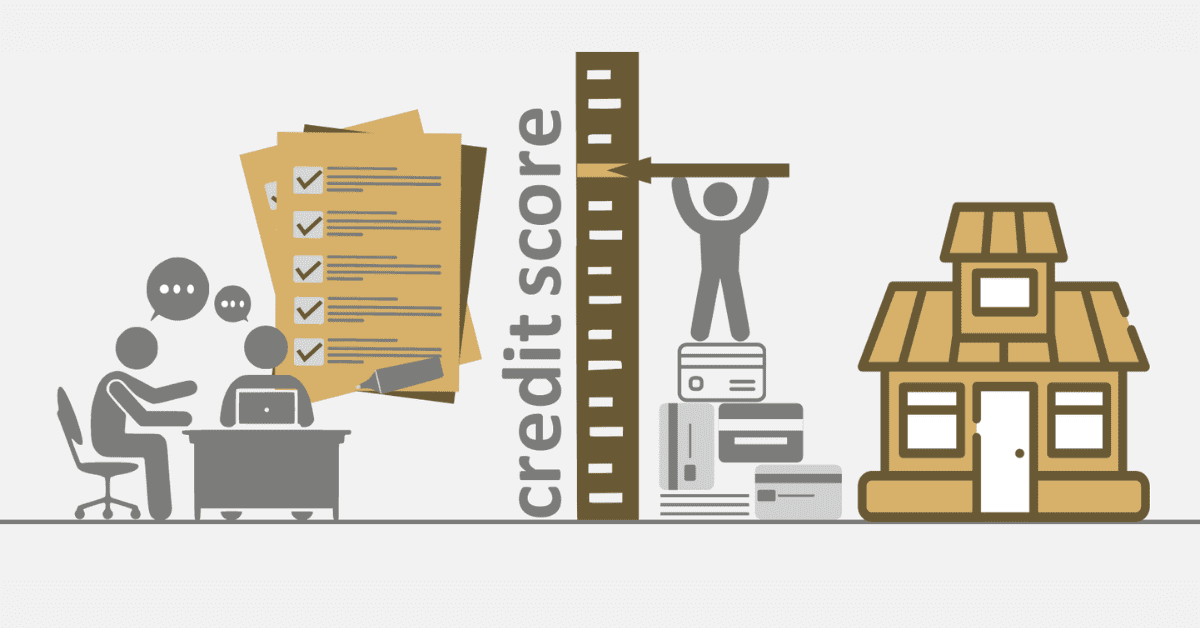Some people believe the myth that a good credit score is only possible when one has debt, but this is not true. You don’t necessarily need to borrow money to pay interest but maintain your accounts by paying off your balances. Read on to learn how to keep a good credit score without debt.
How to Keep a Good Credit Score Without Debt
When you obtain a loan, or you use a credit card, make sure you pay all your balances and bills on time to avoid issues like late payments. The challenge with missed or late payments is that they attract penalties and interests, which lead to more credit piling on your account. However, if you maintain your limit, and make all payments on time, you can stay without debt and keep a good credit score. Paying your balances in full helps you stay out of debt and build a strong credit score at the same time. As long as there is some activity on your account and there is no outstanding debt, you can manage to maintain a good credit score.
If you have an old credit card that you are no longer using, keep the account open. When calculating credit scores, the length of credit history is considered by the credit reporting agencies. Having a longer credit history significantly contributes to a positive score because it shows your borrowing history. Your history accounts for 15% of your score, so you should keep your oldest account even without debt.
Maintaining your credit utilization or knowing your limit is another effective strategy which can help you stay out of debt and build a good credit score. A lower utilization shows that you are not burdened by debt. Requesting a higher limit on your credit card is another method that helps you control your credit. As long as you maintain your credit limit, you can boost your score in the long run.
What Are 5 Things You Can Do to Avoid Credit Card Debt?
There are different things you can consider to avoid credit card debt including the following:
- Build a Safety net: You need to teach yourself not to solely rely on your credit card for all your needs, which may include medical bills, auto repairs, and other unexpected expenses. Instead, you should focus on building your savings account or an emergency fund that will act as a safety net to cushion you against unforeseen demands for money.
- Create a realistic budget: It is imperative to create a realistic budget and stick to it. Avoid the temptation of buying everything that may interest you using your credit card since you will be creating a debt trap for yourself. Only use your card on the purchases you need and can repay. If possible, leave your credit card at home when going shopping and use cash, so you can stick to your budget.
- Pay your credit balance on time: Try to stay on track by paying all your credit balances on time. Missing a payment will create a gap that may be difficult to fill. You will be forced to make two payments plus interest during the next payment cycle. When you fail to clear your balance, you will be tempted to use your credit card continuously.
- Avoid cash advances: Although a cash advance is attractive, it is an expensive credit card transaction that comes with a transaction fee, high interest rates, and it does not have a grace period. The charges come into effect immediately after receiving your cash advance.
- Know your credit card terms: your credit card comes with different terms and conditions depending on your service provider. Check if there are no hidden fees for using your credit card and know when interest will be applied. Consult a professional before signing for your new credit card.
How Can I Avoid Losing My Credit Score?
The best way to avoid losing your credit score is to pay your bills on time. You need to automate your payments so you stay ahead of your financial affairs. When you maintain a busy schedule, some important payment days may pass without notice. This will negatively impact your credit score. Therefore, automating your payments is an effective strategy. Additionally, you need to maintain your credit balance so you stay in your lane.
You need to limit credit applications to avoid hurting your credit score. For each application submitted, a lender or credit card issuer will check your history to determine your eligibility for credit and the interest rate to be charged. Every hard inquiry will lead to a drop of points on your credit score. Therefore, you need to conduct research first before applying for a loan or new credit card to avoid these hard inquiries on your credit report.
Always check your credit report for mistakes that can negatively impact your credit score. If there are errors on your report, immediately dispute them to credit bureaus. Remember that checking your report does not harm your credit score.
Co-signing is not a problem, but your credit score may suffer when the person you have assisted fails to meet their repayment obligations. You assume liability when you put your name on someone’s debt, but they fail to repay it. This will compromise your good credit.
How Do I Manage My Credit Wisely?
You can manage your credit wisely by considering the following factors:
- Pay your balances on time and exceed the maximum payment if possible
- Stick to your credit card limit
- Check your credit report for errors
- Avoid cash advances
- Do not share your credit card with anyone
Managing your credit card requires financial discipline, so you should not get overexcited when you use your card.
Maintaining a good credit score without debt is possible when you implement the right measures. It is not important to maintain a revolving debt to achieve a good credit score. Paying your bills and other balances on time can help you build a healthy score without debt. By following these tips, you can achieve your goal of building good credit without debt.
